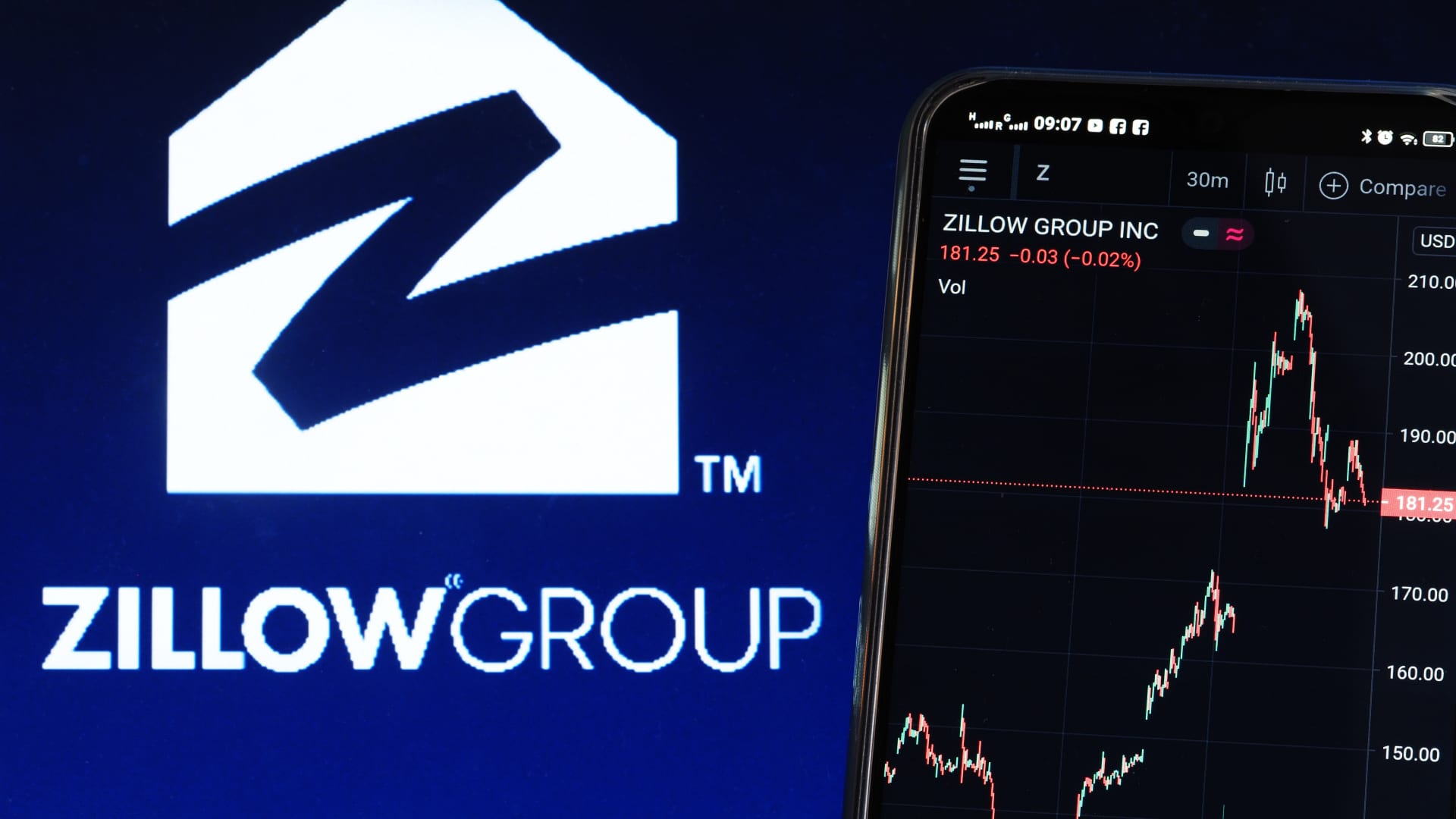I
n the rapidly evolving intersection of finance and technology, cryptocurrency is revolutionizing the luxury real estate sector. Ultra-high-net-worth individuals are leveraging digital assets to acquire multimillion-dollar properties, driven by a desire for privacy and efficiency. Christie's International Real Estate has pioneered this transformation with its 2025 launch of a dedicated crypto real estate division.
Christie's model combines blockchain technology with luxury real estate, enabling full transactions in Bitcoin and Ethereum that bypass traditional banking intermediaries. This streamlines the process, reducing costs and processing times. Recent deals, such as a $65 million Beverly Hills property sale and the $118 million La Fin mansion in Bel Air, demonstrate the division's rapid adoption.
Buyers often use LLCs funded by crypto to maintain anonymity, a critical factor for those seeking to shield their assets from public scrutiny. Ethereum-based smart contracts further automate documentation, price verification, and escrow mechanisms, ensuring transparency and security. For instance, a $63 million Beverly Hills property was recently listed entirely on Christie's Ethereum platform, allowing buyers to finalize deals in days rather than months.
For high-net-worth individuals, privacy is no longer a luxury – it's a necessity. Christie's model leverages blockchain's inherent anonymity to protect buyers' identities. Sellers often remain unaware of the true identity of the purchaser, a feature that appeals to celebrities, entrepreneurs, and political figures. This demand for such services is surging, with Christie's having closed over $200 million in crypto real estate deals.
The rise of crypto real estate is not isolated; it's part of a broader trend. The U.S. government's recent legislative moves are creating a regulatory framework that legitimizes digital assets. As Bitcoin's value stabilizes, high-end real estate prices have surged, suggesting a shift in investor sentiment.
Investors should navigate the crypto real estate landscape with caution, considering strategies such as diversifying exposure through platforms like Christie's and monitoring regulatory developments to mitigate compliance risks. The long-term potential is significant, with Kirman predicting that within five years, over 30% of U.S. residential real estate transactions could involve cryptocurrency.
The convergence of cryptocurrency and high-end real estate marks a pivotal moment in asset management. Christie's crypto division is not just a niche experiment; it's a blueprint for the future of private, efficient, and privacy-driven investing. As institutional players and regulators align with this trend, the barriers to mainstream adoption will erode, unlocking new value for investors.














